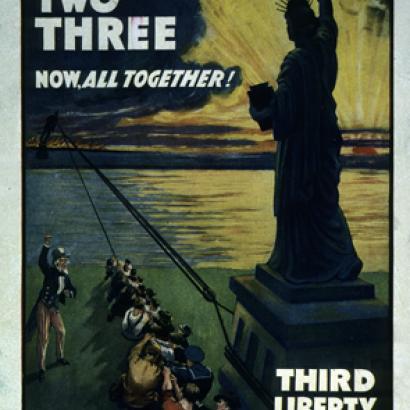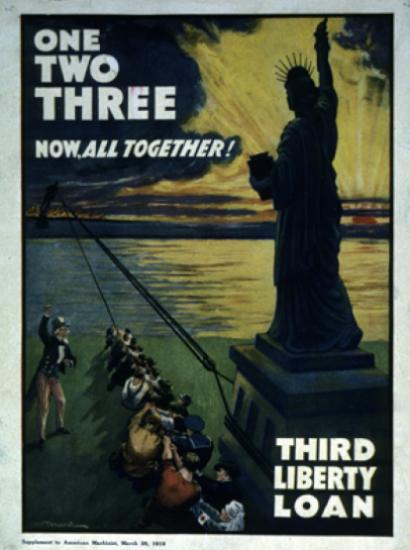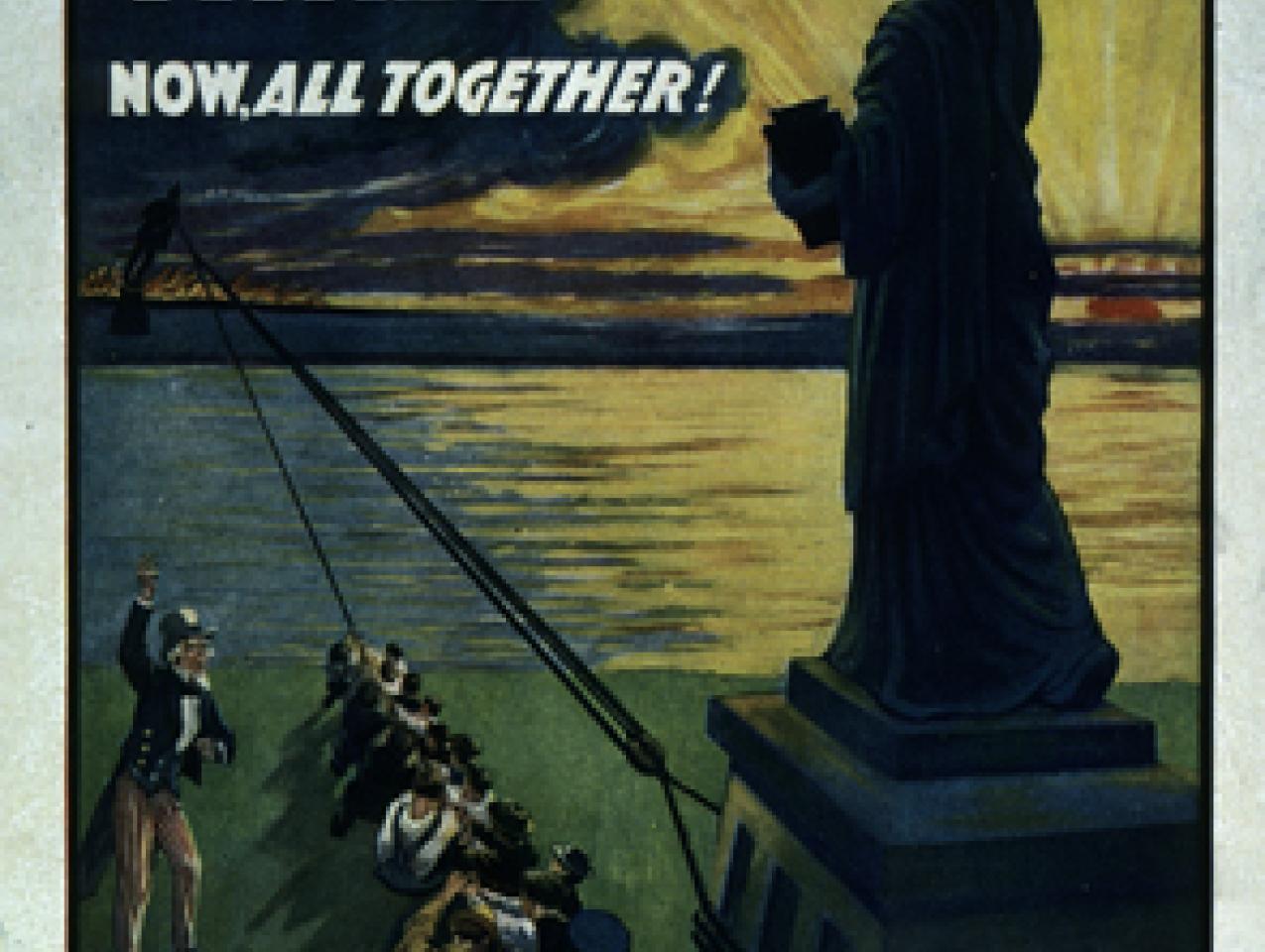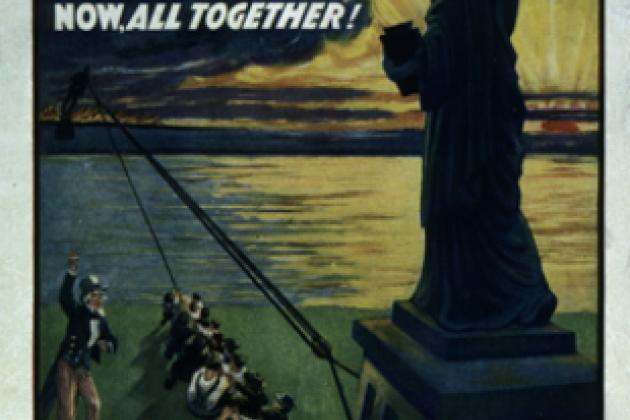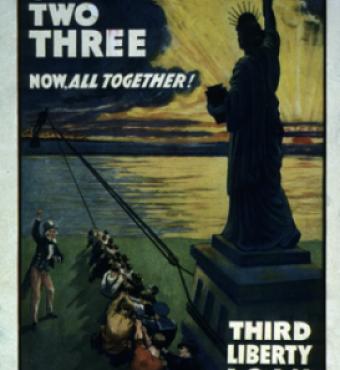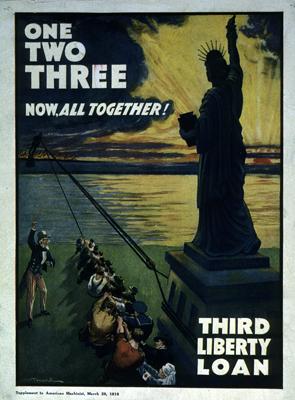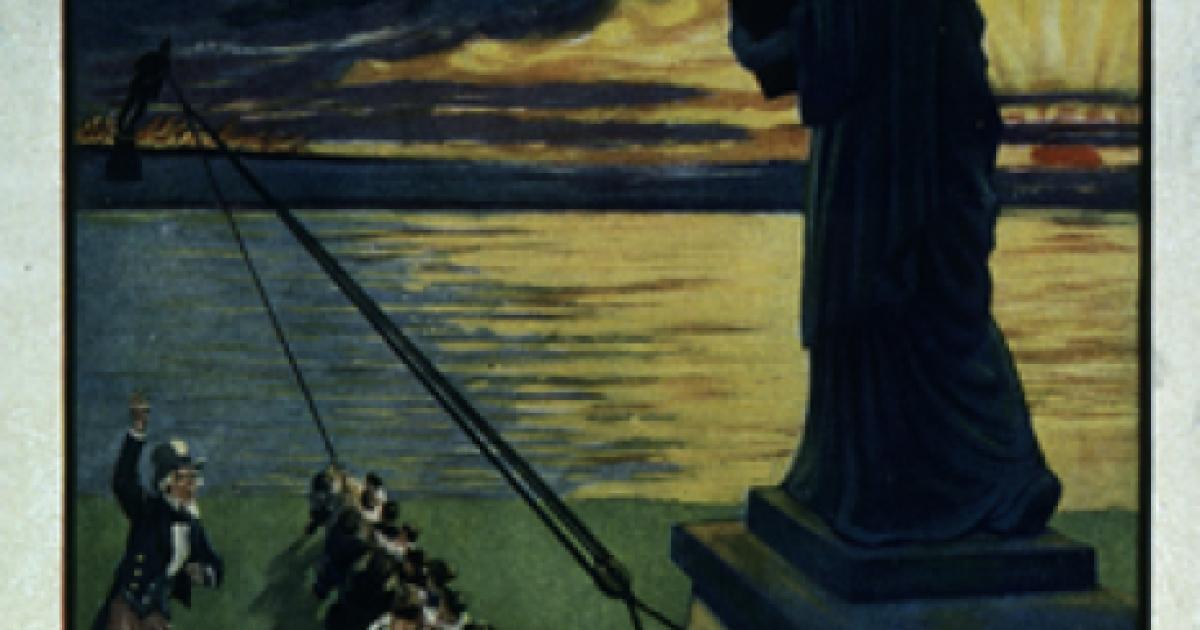- International Affairs
- US Foreign Policy
- Politics, Institutions, and Public Opinion
- Campaigns & Elections
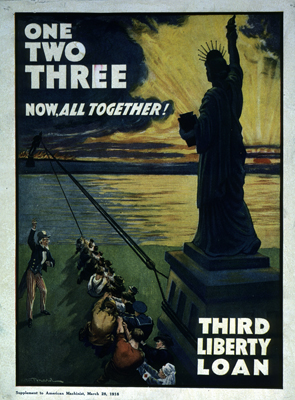
Donald Trump’s threat—pay or perish—as delivered to the Baltic states, is foolish, but not new. Indeed, it is almost as old as the Atlantic Alliance. The Europeans, runs an ancient mantra, were always paying too little for their defense. They certainly did not when compared to the United States. While the U.S. postwar historical average was around 5 to 6 per cent of GDP, with sharp spikes during the country’s post-1945 wars, the Europeans devoted about one-half as much, with Britain and France as notable exceptions.
So in the late 1960s, Senate Majority Leader Mike Mansfield began pressing for drastic cuts—up to one-half—of the U.S. military presence in Europe. Strategic arguments always mingled with financial ones. On September 25, 1973, the Senate passed the Jackson-Nunn Amendment, which required a total offset from the European Allies of the American balance of payments deficit resulting from the deployment of U.S. forces in Europe.
Here is the classic argument, as enunciated by Mansfield in 1970:
The 250 million people of Western Europe, with tremendous industrial resources and long military experience, are unable to organize an effective military coalition to defend themselves against 200 million Russians who are contending at the same time with 800 million Chinese, but must continue after 20 years to depend upon 200 million Americans for their defense.
And here is the classic counter by President Nixon in 1969:
I hold a totally different view of the world, and I come to a different conclusion… If America were to turn its back on the world, a deadening form of peace would settle over this planet—the kind of peace that suffocated freedom in Czechoslovakia. The danger to us has changed, but it has not vanished. We must revitalize our alliances, not abandon them.
Plus ça change… Mansfield believed, as Trump does now, that the U.S. was doing the allies a favor. But Nixon had it right: We are doing ourselves a favor by maintaining a far-flung alliance network. America’s alliances protect America, holding the line far from the country’s shores.
Credible commitments, rather than mercenary deals, reassure allies and deter adversaries. Conditional commitments—“pay or else”—invite probing, then aggression. Even if the tiny Baltics spend 15 per cent of GDP on defense, the Russians won’t be impressed. But farther west, the Poles and Germans will learn to adapt, alas, in ways that will not serve American interests. They will accommodate, if not appease Russia once they can no longer count on their big brother.
Stability on America’s periphery in Europe and Asia is the most precious dividend of the U.S. investment in global security. Add a conceptual point. In any production of public goods, the richest and mightiest member always contributes more to the common enterprise than lesser nations. This is a fact of international life, and woe to the U.S. if it trumpeted to the world that it cares more about cash than its own standing in the world.
President Obama has learned the lesson the hard way. After years of retrenchment he is re-deploying U.S. troops and heavy equipment to Europe. Yes, he is doing it to reassure smaller allies. But the most critical signal goes to Mr. Putin: We are doing this for ourselves—to restore our credibility as the guardian of the global strategic order.







